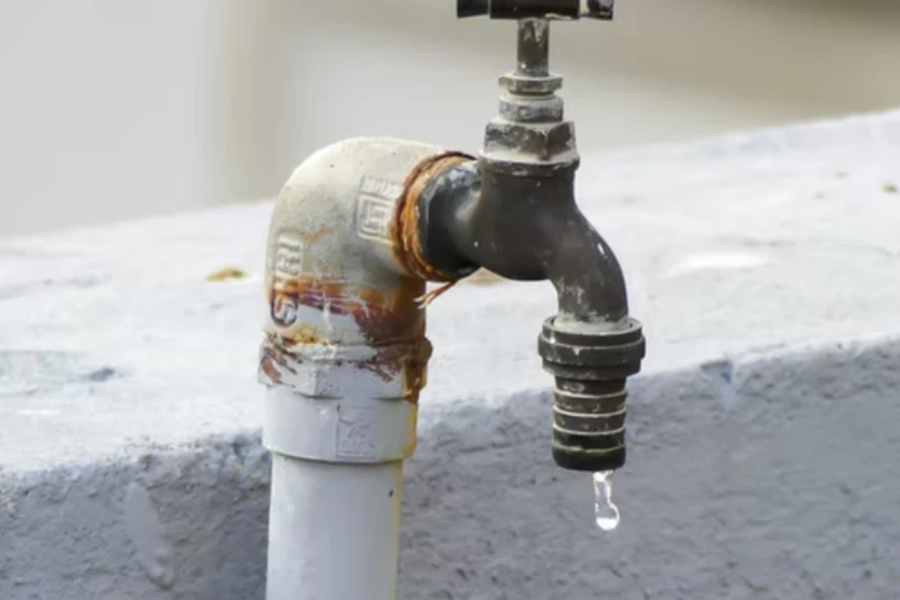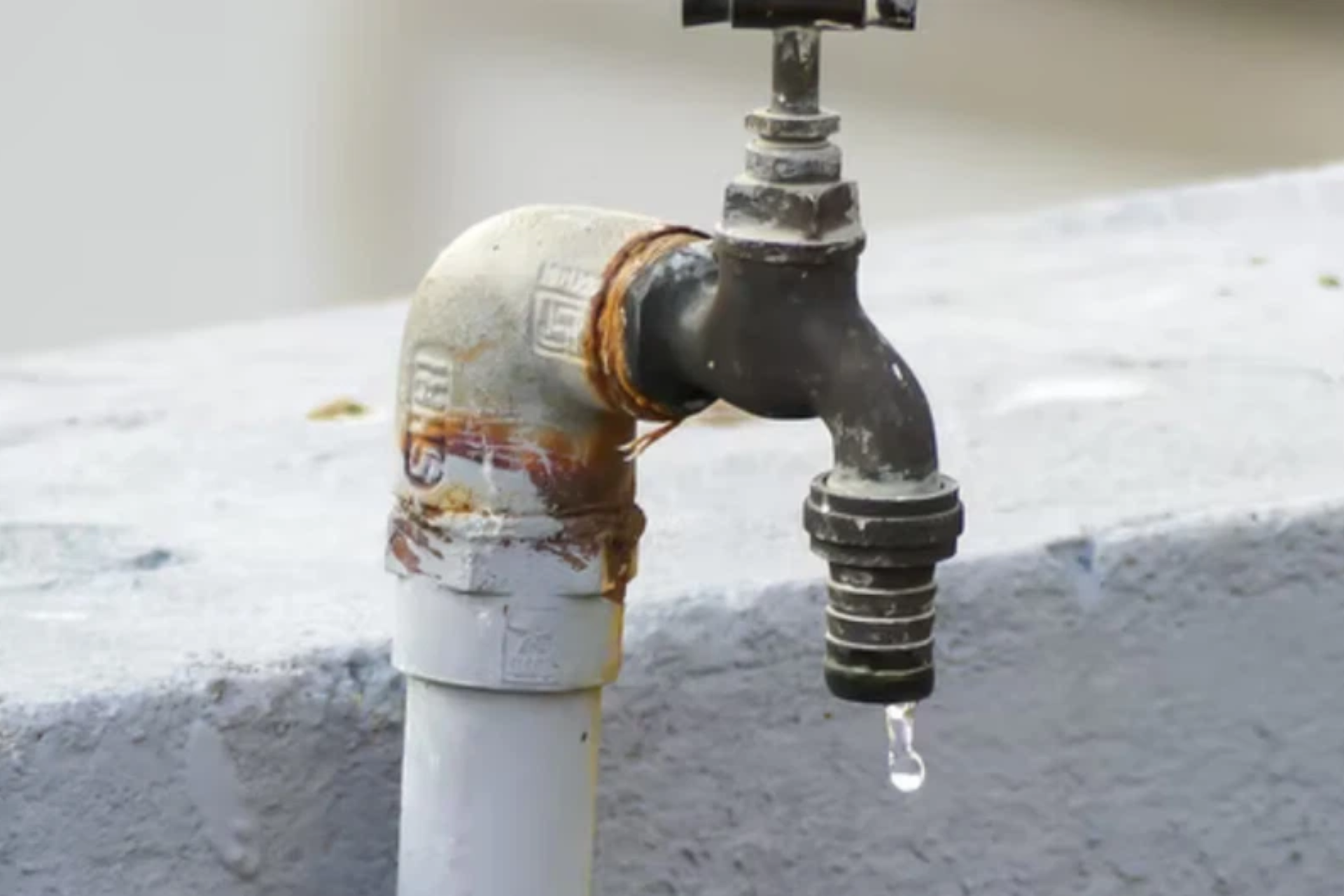
How to access free basic municipal services
Free basic municipal services provided by the government to low-income households include water and electricity.

Only needy households qualify for free basic municipal services. Municipalities determine whether households meet the criteria to qualify.
FREE BASIC WATER
Households are entitled to a free basic water supply of at least 6 kl (6 000 l) per month, according to the South African government’s website. However, the amount may vary depending on the municipality. It is advisable to contact your local municipality to obtain accurate information on the free basic water service they offer. Any water usage exceeding the free supply will be charged accordingly.
ALSO READ: Durban water shutdown: EThekwini building up reservoir storage
FREE BASIC ELECTRICITY
The grid-energy system offers an allocation of 50kWh of basic electricity per household per month at no cost. This allocation is sufficient to cover essential needs such as basic lighting, water heating using a kettle, ironing, and the operation of a small black and white TV and radio.
Residents with pre-paid electricity meters can monitor their electricity usage and when the allocated electricity is finished, additional electricity is for the household’s own cost.
People who use conventional or credit meters, however, cannot keep track of electricity usage in real time and will receive an account from the municipality at the end of each month charging for any extra electricity used above the free electricity.
ALSO READ: Cape Town vs Durban: Which coast is better to live in?
ALSO READ: City Power explains how HEAT WAVE affects electricity supply
HOW TO APPLY
For a household to qualify for free basic services, it must be classified as an indigent (low-income) household. This is determined by criteria set out by local municipalities. Households can’t apply if they are in arrears with any municipal accounts. Each municipality can decide on the extent to which they subsidise a household. Because households’ situations may change, registered citizens must reapply every 6 months. The threshold amount is adapted yearly in line with the Consumer Price Index (CPI).
CLICK HERE TO READ MORE ARTICLES BY MARZANNE JANSE VAN RENSBURG
